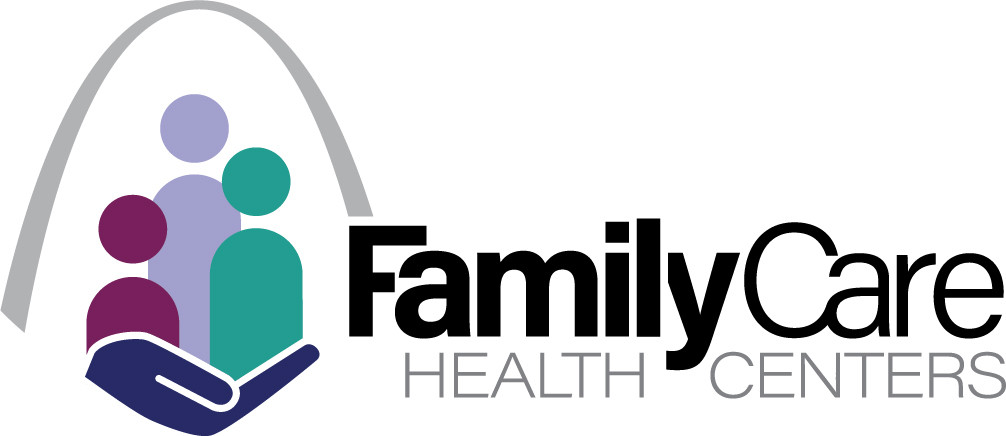
Make An Appointment Today
314-83-4CARE (2273)
Behavioral Health
Family Care Health Centers’ behavioral health services are person-centered, trauma-informed and integrated with primary care.
The behavioral health team includes a psychiatrist, a psychiatric pharmacist, psychologists, licensed clinical social workers, licensed masters level social workers and other mental health professionals.
The behavioral health team provide consultations to children and adults, psychiatric medication consultations, substance use disorder consultation and case management to our pediatric and adult populations. These services are accessible to Family Care Health Center patients through referral by their primary care provider, utilizing same-day care whenever possible. What this means is when you visit FCHC for a medical visit, you have the opportunity to also meet with a member of our behavioral health team during that same visit.
The team also provides referrals to other community resources when necessary, such as long-term psychotherapy, educational services and alcohol/substance use disorder treatment centers for inpatient and outpatient care.
Circle of Care – Adults


Behavorial Health Consultations
Consultations by a Behavioral Health Consultant (BHC) are provided at the time of an appointment with the primary care provider. BHCs gather information, make assessments, and provide recommendations for treatment, in consultation with the patient’s provider.

Recovery Support
Recovery Support provides individual counseling and care management for adults to improve behavioral and physical health. This path typically involves monthly 45-minute sessions over a nine-month period. We also have Recovery Specialists who support Medication Assisted Treatment patients.
Psychiatric Consultation
This path typically starts with a same-day behavioral health consultation. If a Behavioral Health Consultant determines with the patient and primary care provider that a psychiatric appointment is needed, an appointment with our psychiatrist will be made. Our psychiatrist will provide recommendations to the PCP for psychiatric medication management. For select complex/high-risk patients, psychiatric providers will provide ongoing psychiatric care until the patient can be transitioned back to the PCP.
Project Step Forward
Project Step Forward involves integrated, multidisciplinary care for chronic pain. The goal is for patients to “get back to living and step forward” despite their chronic pain by implementing a self-management program in coordination with their PCP that includes a variety of non-pharmacological treatments and reduces chronic opioid use. Step Forward also involves increased access to chiropractic care and acupuncture.
Circle of Care – Pediatrics
The Circle of Care – Pediatrics provides pediatric care management for patients 0-18 years of age. Enrollment typically starts with a same-day pediatric behavioral health consultation. Care management includes coordinating among all providers in the child’s network (e.g. home, school, primary care, therapist) and monitoring child’s progress.
Blogs

